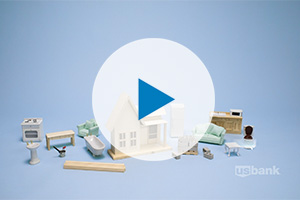
3 signs it’s time for your business to switch banks

Changes in credit reporting and what it means for homebuyers

What’s the difference between Fannie Mae and Freddie Mac?

Common small business banking questions, answered

Housing market trends and relocation impact

How to choose the right custodian for your managed assets

Post-pandemic fraud prevention lessons for local governments

4 tips for protecting your business against Coronavirus-related scams

Fight the battle against payments fraud

Fraud prevention checklist

How to improve your business network security

Protecting cash balances with sweep vehicles

High-cost housing and down payment options in relocation

What corporate treasurers need to know about Virtual Account Management

Crypto + Relo: Mobility industry impacts

For today's relocating home buyers, time and money are everything

5 steps to take before transitioning your business

Make your business legit

How I did it: Turned my side hustle into a full-time job

How to test new business ideas

How to expand your business: Does a new location make sense?

Does your side business need a separate bank account?

5 financial goals for the new year

Year-end financial checklist

Reviewing your beneficiaries: A 5-step guide

How to talk about money with your family

How to protect your digital assets in your estate plan

Retirement planning in the gig economy

5 unexpected retirement expenses

Key milestone ages as you near and start retirement

Comparing term vs. permanent life insurance

The connection between your health and financial well-being

How much life insurance do I need?

Is your employer long term disability insurance enough?

8 steps to choosing a health insurance plan

What is Medicare? Understanding your coverage options

3 types of insurance you shouldn’t ignore

7 things to know about long-term care insurance

Is a Health Savings Account missing from your retirement plan?

How to keep your assets safe

What types of agency accounts are available for investors?

Checklist: 10 questions to ask your home inspector

Closing on a house checklist for buyers

What you need to know as the executor of an estate

How to prepare for a natural disaster

Checklist: financial recovery after a natural disaster

Learn to spot and protect yourself from common student scams
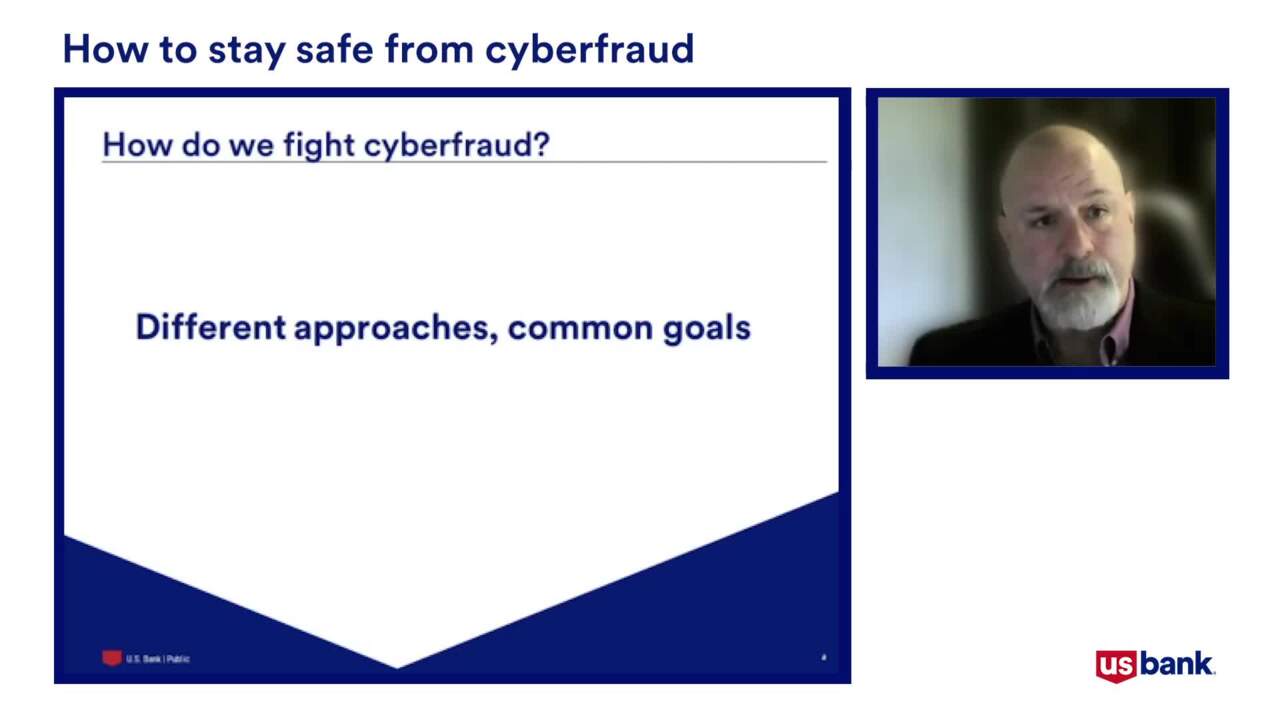
Webinar: How to stay safe from cyberfraud

How to avoid student loan scams

Protecting elderly parents’ finances: 6 steps to follow when managing their money

4 ways to outsmart your smart device

How to spot an online scam

Money muling 101: Recognizing and avoiding this increasingly common scam

What you need to know about identity theft

What is financial fraud?

From LLC to S-corp: Choosing a small business entity

5 tips for seniors to stay a step ahead of schemers

Recognize. React. Report. Don't fall victim to financial exploitation

Recognize. React. Report. Caregivers can help protect against financial exploitation

Webinar: U.S. Bank asks: Are you safe from fraud?

Is online banking safe?

How-to guide: What to do if your identity is stolen

How you can prevent identity theft

8 tips and tricks for creating and remembering your PIN

Is raising backyard chickens a good idea financially?

Planning self-care moments that matter (and how to finance them)

How I did it: Learned to budget as a single mom

Does your savings plan match your lifestyle?
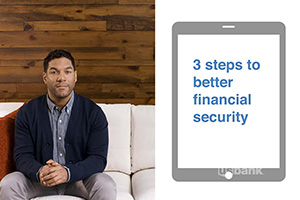
Webinar: Mobile banking tips for smarter and safer online banking

Adulting 101: How to make a budget plan

Webinar: Mindset Matters: How to practice mindful spending

You can take these 18 budgeting tips straight to the bank

Save time and money with automatic bill pay

Common unexpected expenses and three ways to pay for them

Which is better: Combining bank accounts before marriage — or after?

Do you and your fiancé have compatible financial goals?

Personal finance for teens can empower your child

Multiple accounts can make it easier to follow a monthly budget

Is it time to get a shared bank account with your partner?

It's possible: 7 tips for breaking the spending cycle

How to save for a wedding

Here’s how to create a budget for yourself

Don’t underestimate the importance of balancing your checking account

9 simple ways to save

7 steps: How couples and single parents can prepare for child care costs

5 tips for parents opening a bank account for kids

5 reasons why couples may have separate bank accounts

Checking and savings smarts: Make your accounts work harder for you

Money Moments: 3 smart financial strategies when caring for aging parents

First-timer’s guide to savings account alternatives

Myths vs. facts about savings account interest rates

What’s in your emergency fund?

What you need to know about renting
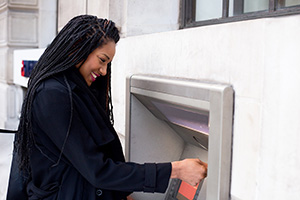
Dear Money Mentor: How do I pick a savings or checking account?

Understanding guardianship and power of attorney in banking

Your financial aid guide: What are your options?

How to apply for federal student aid through the FAFSA

How to use debt to build wealth

Know your debt-to-income ratio

Overcoming high interest rates: Getting your homeownership goals back on track

Is it cheaper to build or buy a house

For today's homebuyers, time and money are everything

Crypto + Homebuying: Impacts on the real estate market

Should you buy a house that’s still under construction?

How I did it: Bought my dream home using equity

Buying a home Q&A: What made three homeowners fall in love with their new home

House Hacks: How buying an investment property worked as my first home

Managing the impacts of appraisal gaps in a hot housing market

Preparing for homeownership: A guide for LGBTQ+ homebuyers

How I did it: Built living spaces to support my family

Spring cleaning checklist for your home: 5 budget-boosting tasks

Saving for a down payment: Where should I keep my money?

Your guide to breaking the rental cycle

Checklist: 6 to-dos for after a move

What are conforming loan limits and why are they increasing
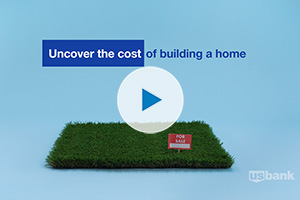
Webinar: Uncover the cost: Building a home

How I did it: Bought a home without a 20 percent down payment

The lowdown on 6 myths about buying a home

Home buying myths: Realities of owning a home

4 ways to free up your budget (and your life) with a smaller home

Get more home for your money with these tips

Money Moments: Tips for selling your home

Money Moments: How to finance a home addition

How I did it: My house remodel

Dear Money Mentor: When should I refinance a mortgage?

Beyond the mortgage: Other costs for homeowners

Quiz: How prepared are you to buy a home?

What is a home equity line of credit (HELOC) and what can it be used for?

Building a dream home that fits your life

10 ways to increase your home’s curb appeal

10 questions to ask when hiring a contractor

5 things to avoid that can devalue your home

What is an escrow account? Do I have one?

Is it the right time to refinance your mortgage?

What to know when buying a home with your significant other

What is refinancing a mortgage?

These small home improvement projects offer big returns on investment

Should you get a home equity loan or a home equity line of credit?
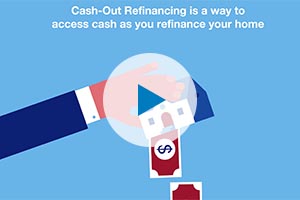
Webinar: Mortgage basics: What is refinancing, and is it right for you?

Webinar: Mortgage basics: Prequalification or pre-approval – What do I need?

Webinar: Mortgage basics: How much house can you afford?

Webinar: Mortgage basics: How does your credit score impact the homebuying experience?
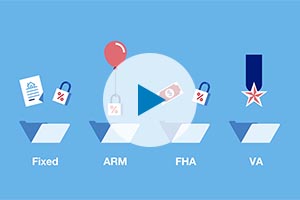
Webinar: Mortgage basics: Finding the right home loan for you

Webinar: Mortgage basics: Buying or renting – What’s right for you?
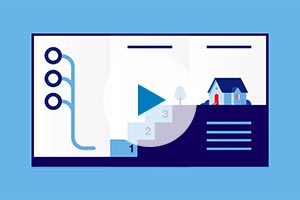
Webinar: Mortgage basics: 3 Key steps in the homebuying process

Is a home equity line of credit (HELOC) right for you?

How to use your home equity to finance home improvements

How do I prequalify for a mortgage?

Home equity: Small ways to improve the value of your home

Can you take advantage of the dead equity in your home?

8 steps to take before you buy a home

6 questions to ask before buying a new home

10 uses for a home equity loan
